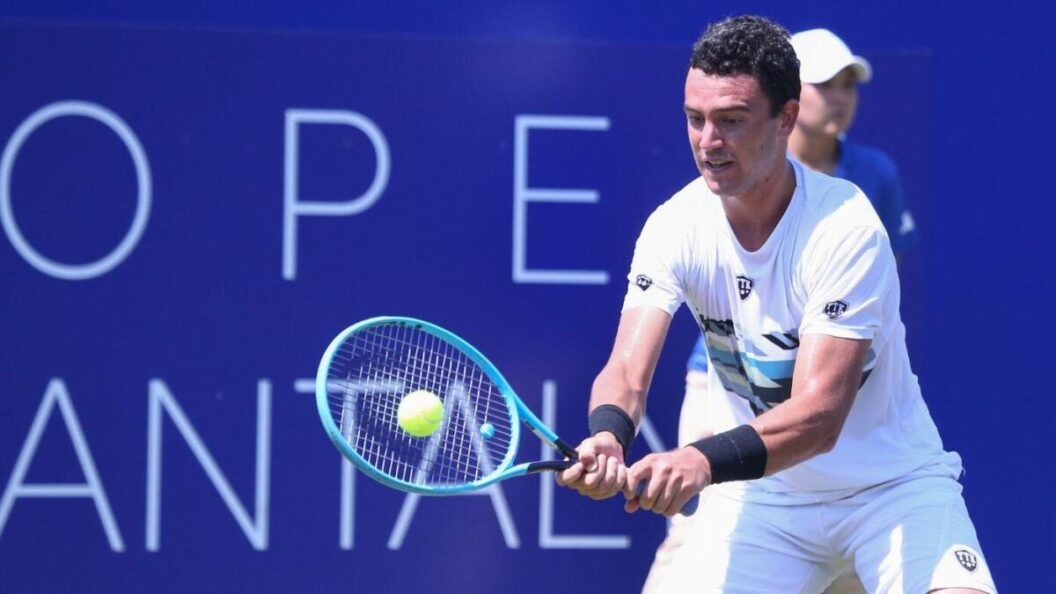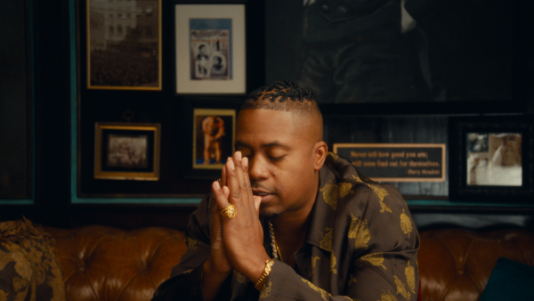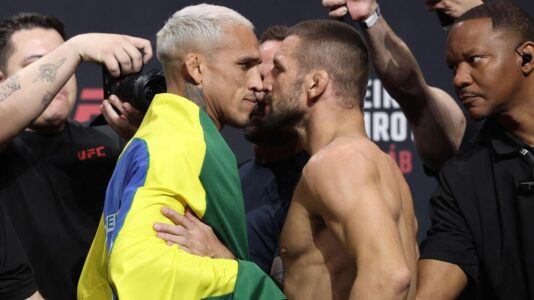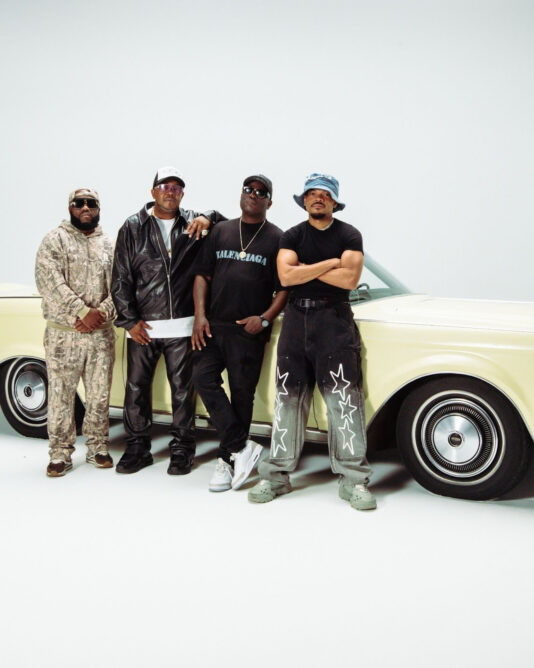Venezuelan Tennis Player Goncalo Oliveira Receives Four-Year Suspension for Doping
Goncalo Oliveira, a professional tennis player representing Venezuela, has been suspended for four years by the International Tennis Integrity Agency (ITIA) following a positive test for methamphetamine. This decision, announced on Friday, marks a significant point in the ongoing efforts to maintain the integrity of sports, particularly at the professional level.
Background on the Suspension
The 30-year-old athlete, who was born in Portugal, had tested positive for the banned stimulant during an in-competition test at an ATP Challenger event in Manzanillo, Mexico, in November 2024. Both his A and B samples confirmed the presence of methamphetamine, which is classified as a non-specified substance according to the World Anti-Doping Agency Prohibited List. This classification mandates a strict suspension upon positive results.
His provisional suspension began in January, and the current four-year ban will officially extend until January 16, 2029. Oliveira must forfeit his earnings, results, and ranking points from the tournament where the positive test was obtained, as well as from subsequent tournaments leading up to the provisional suspension.
Claims of Innocence Rejected
In a peculiar defense, Oliveira argued that the methamphetamine entered his system accidentally, potentially through a kiss with an individual who had taken the substance or via environmental contamination. However, an independent tribunal rejected this explanation, noting that he failed to provide "clear, cogent, persuasive or concrete evidence" to support his claims.
Comparison to Other Doping Cases
While Oliveira’s case is notable for its unusual circumstances, it is not the first instance of athletes linking positive tests to intimate contact. In 2009, French tennis player Richard Gasquet avoided a ban after a cocaine test was traced to kissing a woman at a nightclub. More recently, French Olympic fencer Ysaora Thibus was cleared of a doping charge when the Court of Arbitration for Sport concluded that her positive test for ostarine resulted from prolonged kissing with her partner, who had taken the banned substance.
Oliveira’s case, however, took a different route, underscoring the complexities involved in doping violations, particularly when claims of accidental contamination are presented.
Oliveira’s Career Impact
Ranked as high as 77th in doubles in 2020, Oliveira is now barred from competing, coaching, or attending any sanctioned tennis events during his suspension. This ban not only affects his immediate career but also casts a shadow over his professional future. The implications of this suspension extend beyond Oliveira himself, raising broader questions about athlete conduct, the efficacy of doping controls, and the measures organizations take to ensure fair play.
Conclusion and Significance
The four-year suspension of Goncalo Oliveira serves as a stark reminder of the stringent anti-doping regulations governing professional sports. As the ITIA and other organizations continue to prioritize integrity, this case illustrates the challenges that athletes face, especially when navigating the complexities of substance use and contamination claims.
The significant penalties associated with doping violations reflect a commitment to uphold the values of competition, but they also highlight the need for ongoing education and awareness surrounding doping regulations among athletes. With the landscape of professional sports constantly evolving, Oliveira’s case may prompt further discussion on how to address claims of accidental contamination and uphold fairness in athletic competition.









